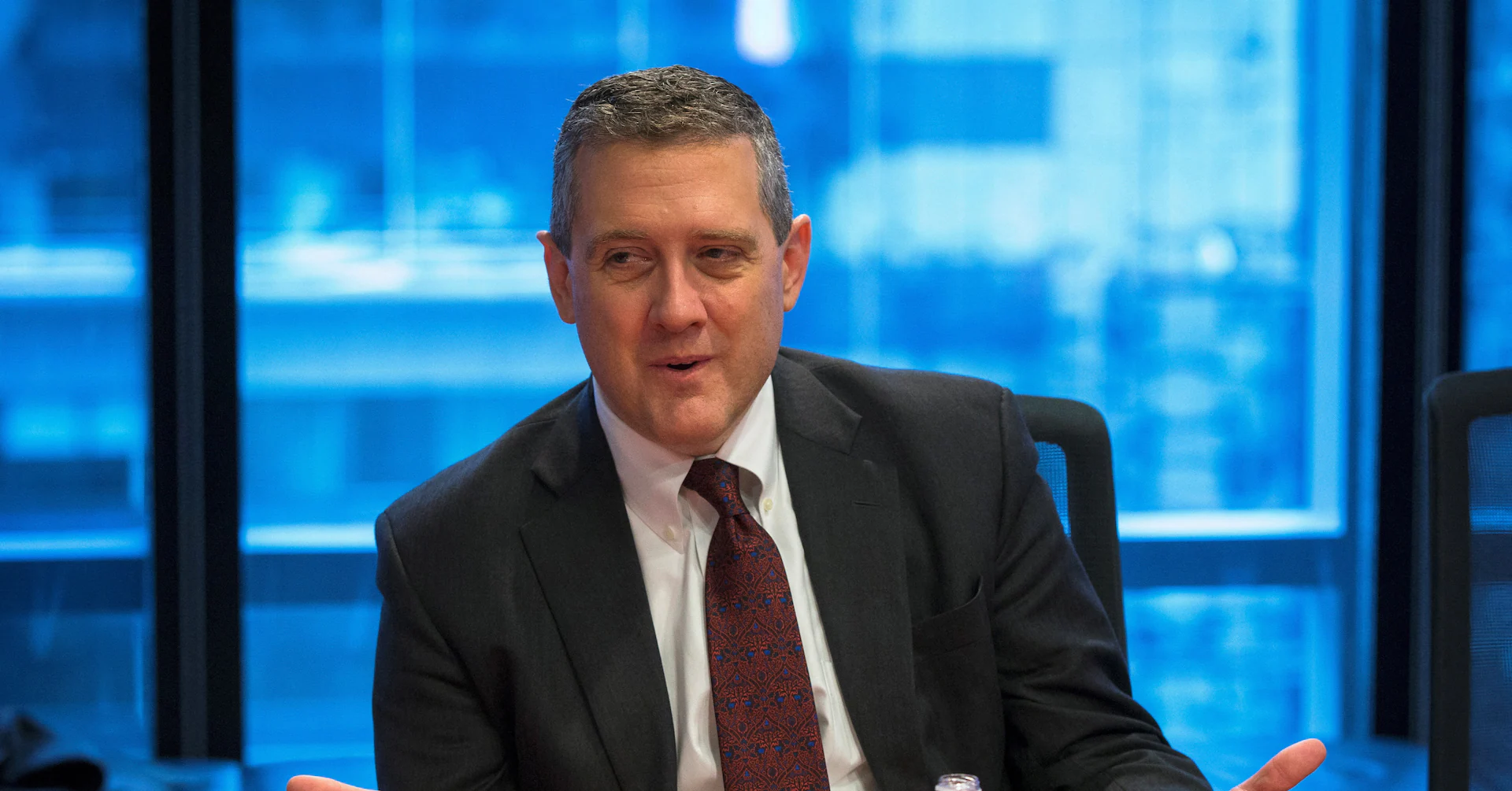
Happy Tuesday! Here’s your Tuesday Tech Drop, a collection of the past week’s top stories from the intersection of technology and politics.
Kushner’s political game
Jared Kushner is coming for your video games. And that’s not all he wants. In a column for The Guardian, writer Marina Hyde argues that a deal brokered by Donald Trump’s son-in-law to sell video game giant Electronic Arts to Saudi Arabia, Kushner’s firm and another private equity firm is just the latest example of blatant self-enrichment from Kushner. He has negotiated massive investments from the Saudi royal family while unofficially negotiating with Middle Eastern leaders on plans involving Israel’s occupation of Gaza, which he has touted as potentially lucrative “waterfront property.” Hyde convincingly makes the argument that Kushner has adopted a Kremlin-esque model of fusing his personal business interests with America’s political agenda under Trump.
Read more at The Guardian.
Bessent reads Rollins’ dissent
The Trump administration’s plans to deliver a multibillion-dollar bailout to Argentina’s MAGA-aligned leader and his failing economy — as Trump’s economic policies wreak havoc on America’s own economy — have garnered fierce backlash, including from members of the president’s own party. A photographer for The Associated Press captured a text message on Treasury Secretary Scott Bessent’s phone last week that appeared to have been sent by Agriculture Secretary Brooke Rollins and outlined concerns that the United States might be getting fleeced by Argentina — which plans to accept the bailout while conducting business with China, a country currently freezing U.S. farmers out of its market because of Trump’s tariffs.
Read more at Forbes.
Rage of the machines
A recent report from The Wall Street Journal used the recent right-wing agita over Cracker Barrel’s rebranded logo to help show how massive networks of bots on social media are helping fuel culture wars online.
Read more at The Wall Street Journal.
TikTok totalitarianism?
In an op-ed for MSNBC, journalist Eoin Higgins warns about right-wing billionaires — like Oracle CEO Larry Ellison — potentially tightening their grip and potentially wielding maniacal control over media narratives in the United States if Trump’s proposal to cut them in on a deal to purchase TikTok becomes official.
Read more at MSNBC.
White rage whitewash fail
Top State Department nominee Jeremy Carl apparently tried — and failed — to erase his record of extreme, violent and virulently racist tweets from the internet. I just wrote about Carl’s bigoted extremism, which was unearthed by CNN.
Read more at MSNBC.
Epstein’s busy schedule
Multiple figures in MAGA world — including Elon Musk and Steve Bannon — appear in schedules that were once prepared for Jeffrey Epstein and have been unearthed by House Democrats. (Musk and Bannon didn’t immediately respond to NBC News’ requests for comment.)
Read more at NBC News.
AI ‘artists’ draw ire
“Artists” generated by artificial intelligence — essentially, controversial bots that mimic the look and behavior of human performers — are in the news again and drawing fierce backlash from real artists concerned about the ethical and financial ramifications. The Guardian published a piece about a viral AI “actor” named Tilly Norwood that has been met with fury from the film world, while The Verge wrote about Xania Monet, an AI-generated “artist” who is being rebuked by some in the record industry.
Read more at The Guardian and The Verge.
Jim Jordan’s YouTube misinfo
Disinformation and misinformation researcher Nina Jancowicz published a deep dive on Rep. Jim Jordan’s recent — and false — suggestions that Google executives admitted to Congress that the company has engaged in “conservative censorship” on platforms such as YouTube. The report details how Google executives actually rebutted the claims of Jordan in their testimony but nonetheless issued a letter written in such a way that allowed the Ohio Republican to continue peddling them. Jancowicz’s post is an excellent primer for this piece — from my colleague Steve Benen — about Google’s disturbing settlement with Trump over similarly bogus censorship claims.



